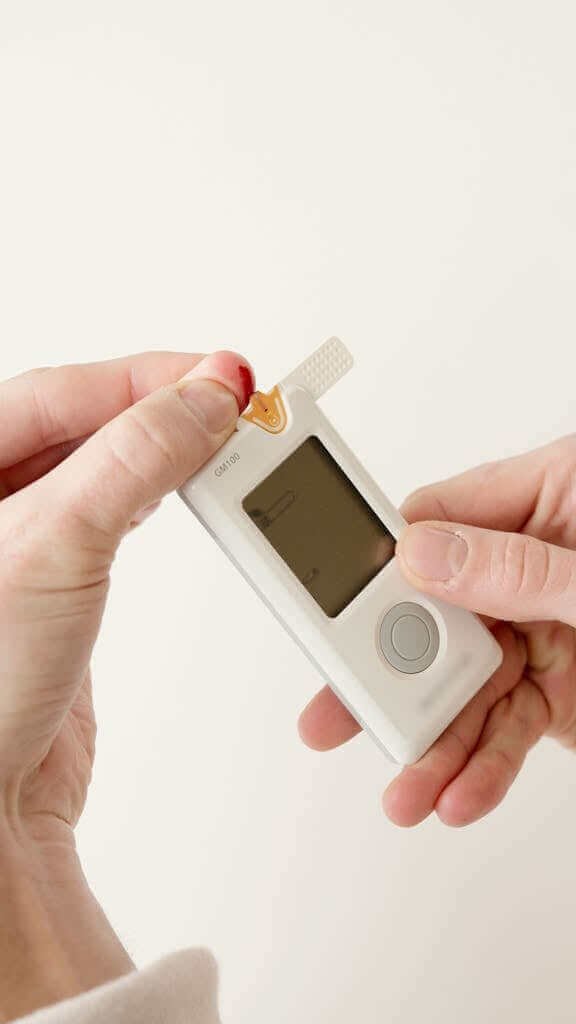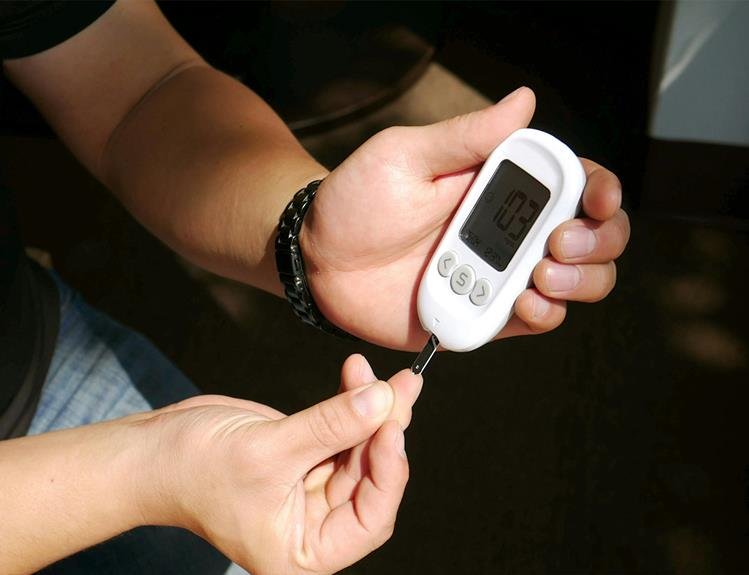diabetes symptoms at night
Diabetes is a chronic disease that affects millions of people worldwide. It occurs when the body is unable to regulate the level of glucose in the blood, leading to high blood sugar levels. While the symptoms of diabetes are well-known, such as frequent urination, excessive thirst, and fatigue, there is a particular aspect of this disease that is not often discussed – diabetes symptoms at night. Many people with diabetes may experience a range of symptoms during the night, which can disrupt their sleep and overall quality of life. In this article, we will explore the various symptoms of diabetes that can occur at night, their causes, and potential solutions. By understanding these symptoms, individuals with diabetes can better manage their condition and improve their overall well-being. Additionally, this article aims to raise awareness and provide valuable information for those who may be experiencing these nighttime symptoms but are unaware of their connection to diabetes. So, if you or a loved one have diabetes, or are curious about the potential symptoms at night, read on to learn more about this often overlooked aspect of diabetes.watch how to get cured of diabetes
Frequent urination affects sleep quality.
One common symptom experienced by individuals with diabetes is frequent urination, particularly at night. This can significantly impact sleep quality and disrupt the overall sleep pattern. The need to repeatedly wake up and use the bathroom can lead to fragmented sleep, resulting in feelings of fatigue and daytime sleepiness. Additionally, this constant disturbance can make it challenging to achieve deep, restorative sleep, further exacerbating the negative effects on overall well-being. Consequently, addressing and managing frequent urination is crucial in improving sleep quality for individuals with diabetes, ultimately contributing to their overall health and quality of life.
or more articles on diabetes click here
Nighttime hypoglycemia can cause confusion.
Individuals with diabetes may face the challenge of experiencing nighttime hypoglycemia, which can lead to various complications. When blood sugar levels drop significantly during sleep, it can cause confusion upon awakening. This confusion may manifest as disorientation, difficulty in concentrating, memory lapses, and even mood changes. It is essential for individuals with diabetes to be aware of the potential risks of nighttime hypoglycemia and take proactive measures to prevent and manage it effectively. Regular monitoring of blood sugar levels, maintaining a balanced diet, and adhering to medication regimens are crucial steps in minimizing the occurrence of confusion caused by nighttime hypoglycemia. By prioritizing blood sugar control and seeking medical guidance, individuals with diabetes can mitigate the potential cognitive effects and maintain better overall health.
Waking up with extreme fatigue?
Experiencing extreme fatigue upon waking can be a concerning symptom that warrants further investigation, especially for individuals with diabetes. While it is important to note that fatigue can have various causes, such as poor sleep quality or underlying medical conditions, it is crucial for those with diabetes to be vigilant about their overall health. High blood sugar levels during the night can disrupt sleep patterns and contribute to feelings of exhaustion upon waking. Additionally, diabetes-related complications, such as kidney disease or neuropathy, can also contribute to fatigue. Consulting with a healthcare professional is essential in order to identify the underlying cause of extreme fatigue and develop an appropriate management plan that addresses both diabetes control and sleep quality.
Restless nights due to thirst.
Individuals with diabetes may often experience restless nights due to excessive thirst, which can significantly disrupt their sleep patterns. This symptom, known as polydipsia, is commonly associated with high blood sugar levels. When blood sugar levels are elevated, the kidneys work to remove excess glucose from the bloodstream, resulting in increased urine production. This excessive urination can lead to dehydration, triggering the body’s natural response of thirst. Consequently, individuals with diabetes may find themselves waking up multiple times during the night, feeling the need to drink large quantities of water to quench their thirst. Addressing this issue requires diligent management of blood sugar levels and adequate hydration throughout the day. Consulting with a healthcare professional is vital to develop a personalized plan that effectively manages diabetes symptoms at night and promotes better sleep quality.
Difficulty falling asleep? Check blood sugar.diabetes
Individuals who experience difficulty falling asleep may find it beneficial to consider their blood sugar levels as a potential contributing factor. Fluctuations in blood sugar can disrupt the body’s natural sleep-wake cycle, making it harder to achieve restful sleep. Research suggests that elevated blood sugar levels can interfere with the production of certain hormones, such as melatonin, which regulate sleep. Additionally, imbalanced blood sugar levels can cause feelings of restlessness, anxiety, and discomfort, further hindering the ability to fall asleep. Monitoring and maintaining stable blood sugar levels through proper diet, regular exercise, and medication management, if applicable, may help promote better sleep and overall well-being. Consulting with a healthcare professional experienced in diabetes management can provide valuable guidance in addressing sleep difficulties related to blood sugar imbalances.
In conclusion, diabetes symptoms at night can be a major concern for those living with the condition. It is important to monitor blood sugar levels closely and make necessary adjustments to medication and diet to prevent dangerous drops or spikes. Additionally, communicating with healthcare providers and practicing good sleep hygiene can also help manage symptoms and improve overall quality of life for those with diabetes. Remember, early detection and proper management are key in controlling this chronic disease. If you experience frequent nighttime symptoms, it is important to consult with a medical professional for proper diagnosis and treatment. With the right approach, it is possible to successfully manage diabetes and live a fulfilling life.





